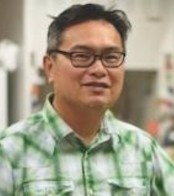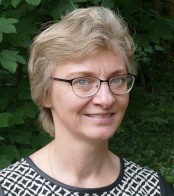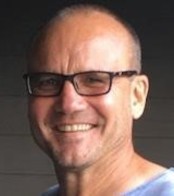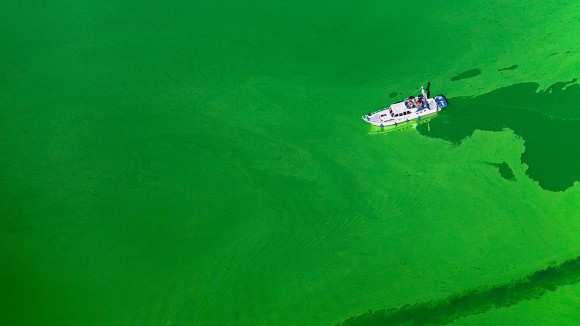 Francis Chan is an Associate Professor in the Department of Integrative Biology, and the Director of the Cooperative Institute for Marine Ecosystem and Resources Studies at Oregon State University. His research investigates the biogeochemical and ecological dynamics of coastal ecosystems with particular focus on ocean deoxygenation and acidification. Dr Chan has been an Editorial Board Member for Scientific Reports since 2022.
Francis Chan is an Associate Professor in the Department of Integrative Biology, and the Director of the Cooperative Institute for Marine Ecosystem and Resources Studies at Oregon State University. His research investigates the biogeochemical and ecological dynamics of coastal ecosystems with particular focus on ocean deoxygenation and acidification. Dr Chan has been an Editorial Board Member for Scientific Reports since 2022.
 Inna Sokolova is Professor and Chair of Marine Biology at the University of Rostock, Germany. Her research focuses on ecological bioenergetics and metabolic adaptations of marine organisms to abiotic stressors. She is particularly interested in the mechanisms and role of bioenergetic constraints in limiting the survival, performance and distribution of marine organisms in extreme environments and under global anthropogenic challenges such as hypoxia, pollution and climate change. Professor Sokolova has been an Editorial Board Member for Scientific Reports since 2015.
Inna Sokolova is Professor and Chair of Marine Biology at the University of Rostock, Germany. Her research focuses on ecological bioenergetics and metabolic adaptations of marine organisms to abiotic stressors. She is particularly interested in the mechanisms and role of bioenergetic constraints in limiting the survival, performance and distribution of marine organisms in extreme environments and under global anthropogenic challenges such as hypoxia, pollution and climate change. Professor Sokolova has been an Editorial Board Member for Scientific Reports since 2015.
 Kay Vopel is an Associate Professor in the Department of Environmental Science, School of Science, at Auckland University of Technology, New Zealand. His experimental research focuses on the response of marine species and ecosystems to environmental perturbations such as warming and inorganic/organic carbon enrichment. Dr Vopel has been an Editorial Board Member for Scientific Reports since 2018.
Kay Vopel is an Associate Professor in the Department of Environmental Science, School of Science, at Auckland University of Technology, New Zealand. His experimental research focuses on the response of marine species and ecosystems to environmental perturbations such as warming and inorganic/organic carbon enrichment. Dr Vopel has been an Editorial Board Member for Scientific Reports since 2018.

